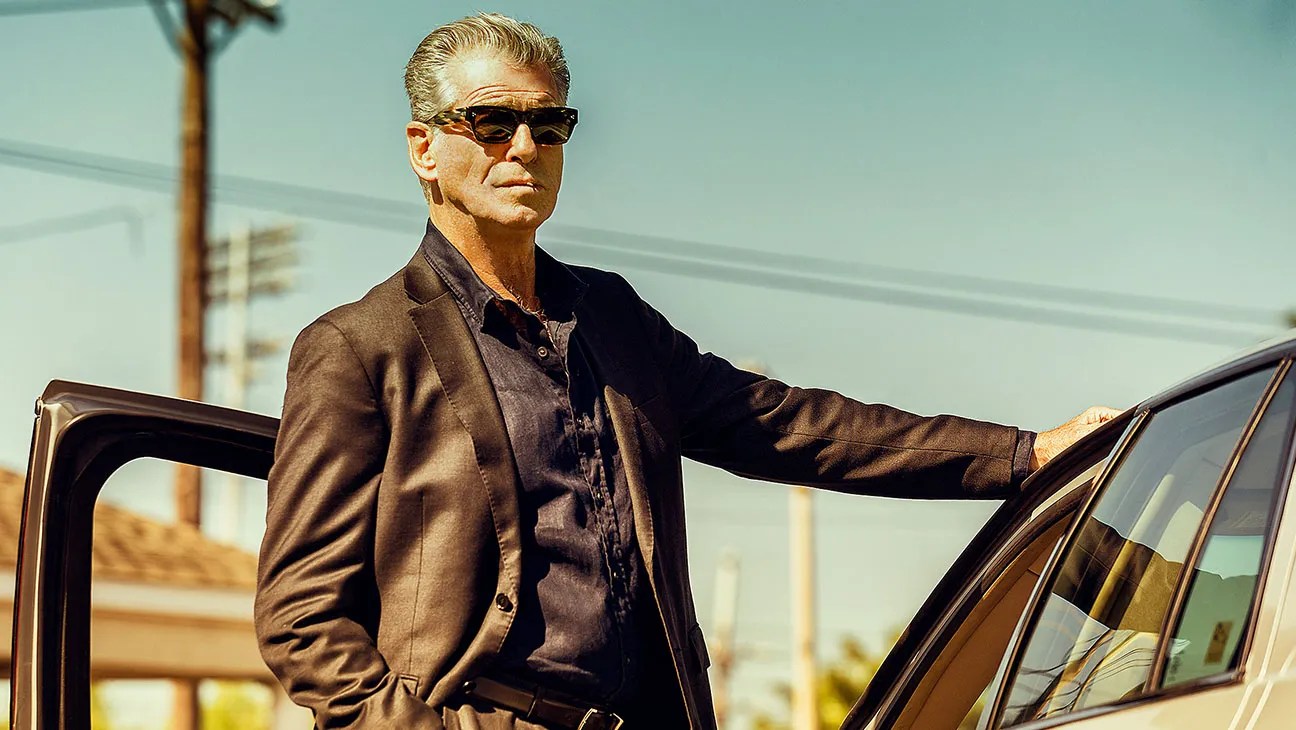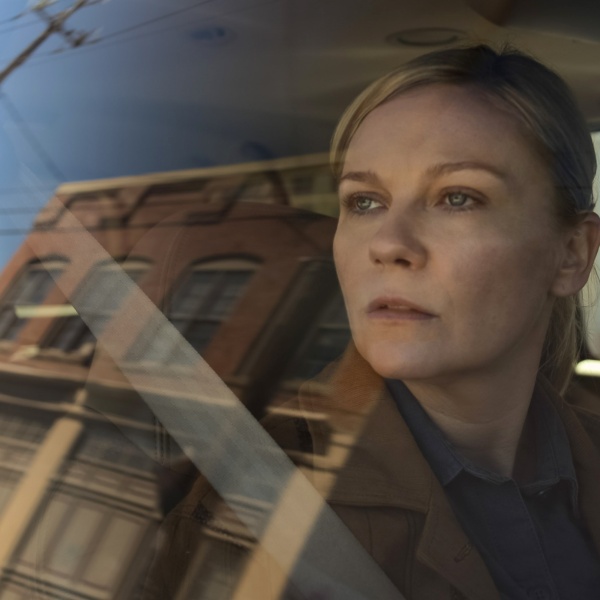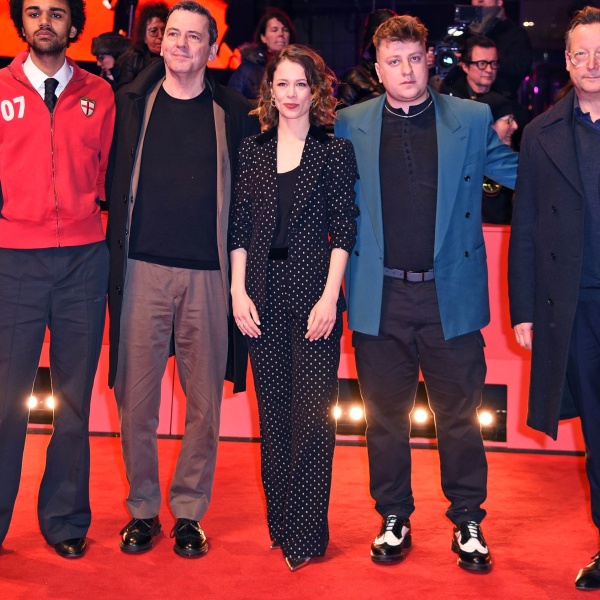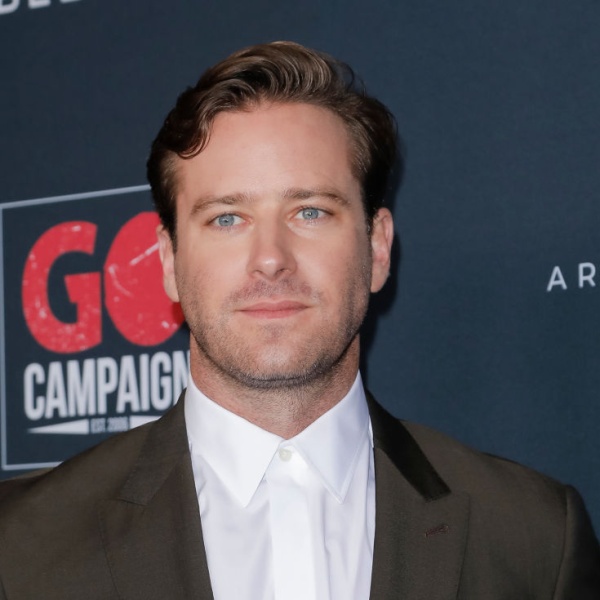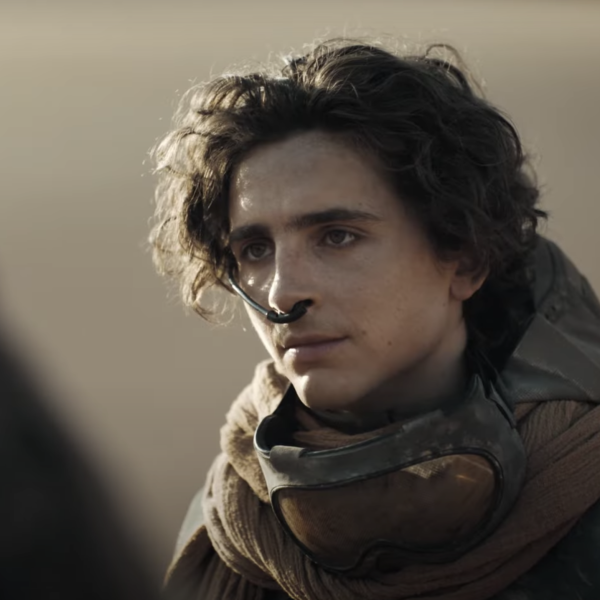The short and shaggy tale of an aging hitman (Pierce Brosnan) who realizes it’s time to either get out of the game or die trying, Phillip Noyce’s “Fast Charlie” is the kind of movie you’ve seen a thousand times before. It was adapted from the 2003 Victor Gischler novel “Gun Monkeys,” which is the kind of book you’ve read a thousand times before. And yet, the difference here — the most crucial reason why this particular version of that well-weathered story is weirdly charming instead of trite — is that Noyce’s film treats its ultra-familiar tropes as more of a feature than a bug. They’re the lingua franca of a Southern-fried thriller set in the clogged drain at the bottom of the criminal underworld; a place that everybody talks about leaving, but nobody ever seems to escape. Not while they’re still breathing, anyway.
Most of these Elmore Leonard rejects let go of that dream a long time ago, choosing to fight over their slice of purgatory rather than make a break for something better. Besides, they wouldn’t have anyone to share it with if they did. The only other people they care about — if they care about other people at all — are stuck in Biloxi right alongside them.
As Brosnan puts it in the obligatory hitman voiceover that opens the movie, his character repressing a disaffected grin as he’s forced to strip naked at gunpoint in the middle of an abandoned car lot: “I always thought my life would end like this, in some godforsaken place, from a bullet I didn’t see coming. I just never thought I’d care.” The rest of the movie, which naturally unfolds as a flashback leading up to this moment, will tell the story of how someone reinspired his pursuit of happiness. By the time “Fast Charlie” loops back around to the sight of Brosnan standing in his skivvies and waiting for someone to pull the trigger, you’ll be surprised to find that you care too.
Of course, nothing in “Fast Charlie” is more surprising than the Mississippi accent that comes out of Brosnan’s mouth: a drawl that sounds like James Bond trying to go undercover as Jim Varney. But even that adds to this movie’s appeal, as Brosnan plays “Fast” Charlie Swift with an “I am what I am, take it or leave it” energy that tells us to stop sweating the small stuff and vibe with the big picture instead.
Richard Wenk’s frothy screenplay goes through the motions of a standard-issue mob story about a turf war that goes off the rails, but the pissing contest between Beggar (Gbenga Akinnagbe) and the senile old rival he tries to dethrone (a suitably ailing James Caan as Stan Mullen, the late actor sad but effective in his last film performance) is seldom more than a blood-soaked backdrop for the beleaguered hitman caught in the middle of it. Raised to think of the world as a pit of vipers where everyone is just waiting for the right moment to strike, Charlie is just a lonely guy trying to make it through the day in one piece. He’s good to the people who’ve been good to him — Stan most of all — and bad to the people put in his crosshairs.
That’s about the full extent of his human relationships. He’s got a standing arrangement with some of the strippers down at Biloxi Bottoms (the giant neon sign outside of the club reads “Butts, Butts, & More Butts!”), but not even his daydreams seem big enough to make room for two. Charlie’s only solace in life is scrolling through abandoned €1 houses in Tuscany on his phone; fixer-uppers that are all too big for one person to make into a proper home. Maybe that’s why he still hasn’t bought one. Maybe he’s waiting for someone else to help him pull the trigger.
Enter: Marcie Kramer (Morena Baccarin), a newly widowed taxidermist whose ex-husband Charlie was just killed by Charlie’s demented new partner. That’s not the problem, as Marcie doesn’t seem all that put out by the loss. The problem is that Charlie’s new partner killed Marcie’s ex by hiding a bomb in his Krispy Kreme donuts because stabbing him to death seemed too stale. And why is that a problem? Well, the bomb blew the guy’s head clean off, making it impossible for Charlie to identify the corpse to his client; he’ll need his new crush’s help for that.
Alas, Charlie doesn’t know he’s the main character in a movie about a hitman on the verge of retirement, and so he doesn’t anticipate that developing feelings for another person — in this case a beautiful, somewhat distant, considerably younger woman who isn’t sure an old man is her best ticket to a fresh start — all but guarantees that he’ll soon have a target on his back. Sure enough, it isn’t long before Beggar makes his move and wipes out the rest of Stan’s crew, leaving Charlie to avenge the only person he’s ever cared about at the same time he finally starts to entertain the idea of caring about someone else. For her part, Marcie doesn’t seem particularly inclined to return Charlie’s affections, but she doesn’t seem opposed to it either; as a person who takes pleasure in “giving everlasting life to things that didn’t have a chance at one,” Charlie might just be the one job she can enjoy without stuffing.
From that setup, “Fast Charlie” basically just strings together a loose patchwork of murders to the sounds of a squelchy blues score as Charlie kills his way up the criminal ladder in his pursuit of Beggar. One minute, he’s getting the drop on some goons with the help of a Nest door cam, the next he’s shooting Toby Huss in the neck. Beggar dispatches his best henchmen as Charlie gets closer (including Christopher Matthew Cook as “The Freak”), and eventually starts taunting our hero over the phone with playful, soft-boiled dialogue like “I got more men than you’ve got bullets” (to which Charlie replies: “Bullets are easy to get. Men… I’m not so sure”).
The connective tissue that leads Charlie from one target to the next couldn’t possibly be any thinner, but that doesn’t really matter in a movie that gets by on its moment-by-moment pleasures. I couldn’t tell you why Charlie has to confront Marcie’s ex-mother-in-law, but Sharon Gless is laugh-out-loud funny as Mavis, a sewer-mouthed grandma who used a boob job to embezzle her son’s mob money — and is all too happy to show off the results.
If Mavis proves typical of a story whose characters are just a little too heightened to feel believable, Noyce and his cinematographer Warwick Thornton (an accomplished filmmaker in his own right) nevertheless manage to create a rich and cohesive reality by shooting Biloxi and New Orleans to actually look like Biloxi and New Orleans. For a film that spends so much of its time in drab backrooms and murder-friendly parking lots, “Fast Charlie” still finds ways to embrace the unique flavors of its shooting locations; shooting locations that tax credits have made visually synonymous with Nowhere, USA. These places are purgatorial enough that you can appreciate why Charlie might want to leave, but distinct enough that you can believe that he’s always been there.
But the real motor that sustains “Fast Charlie” for the duration of its breezy 90-minute running time is the will-they won’t-they romance between Brosnan and Baccarin, both actors cultivating a palpable sense of intimacy by resisting the obviousness of sexual tension. This isn’t the kind of movie where a gorgeous woman in her prime can’t help but throw herself at a man old enough to be her father, it’s the kind of movie where she can (and does!), and is left to figure out why she’s drawn to him all the same. Charlie and Marcie need each other more than they want each other, and that dynamic sparks each of these characters with a magnetic glint of self-recognition.
More disposable versions of this story would see them using each other to escape their lived pasts, but “Fast Charlie” prefers to confront them with the pain of letting go of their imagined futures. Watching Brosnan shoot a henchman’s earring off from 20 feet away is fun and all, but the real pleasure of “Fast Charlie” has less to do with such “he’s still got it!” theatrics than it does with the slow-boiling idea that, for Charlie and Marcie, the best might still be yet to come.
Grade: B-
Vertical Entertainment will release “Fast Charlie” in theaters and VOD on Friday, December 8.
